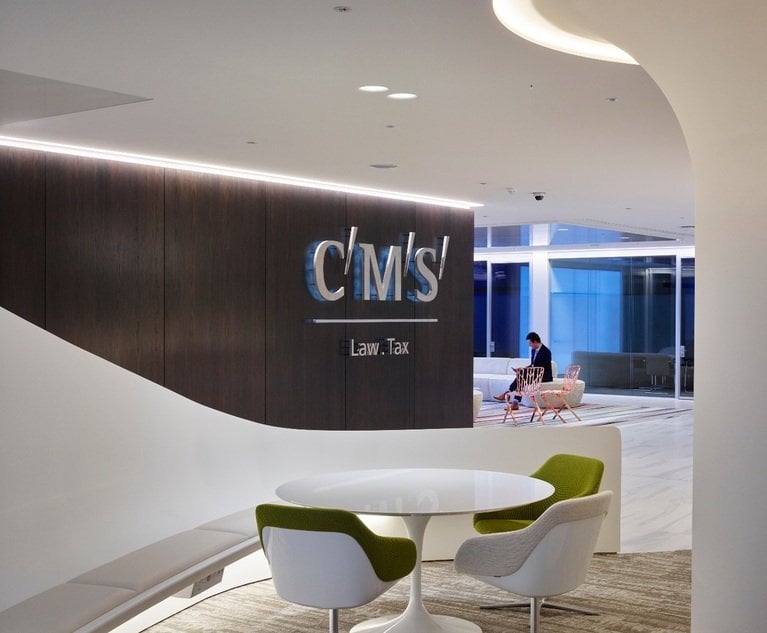

Billable-Hour Model Hurts Women's Careers, Say Female Lawyers
On this International Women's Day, female lawyers say the billable hours model is stifling careers and penalising their gender.
March 08, 2019 at 05:15 AM
1 minute read
You Might Like



Law Firms Mentioned
Trending Stories
-
Featured Firms
Law Offices of Gary Martin Hays & Associates P.C.75 Ponce De Leon Ave NE Ste 101Atlanta, GA 30308(470) 294-1674www.garymartinhays.comLaw Offices of Mark E. Salomone2 Oliver St #608Boston, MA 02109(857) 444-6468www.marksalomone.comSmith & Hassler1225 N Loop W #525Houston, TX 77008(713) 739-1250www.smithandhassler.comPresented by BigVoodoo
More From ALM
View Now
View Now
View Now
London
Celebrate outstanding achievement in law firms, chambers, in-house legal departments and alternative business structures.
Learn More
Johannesburg
The African Legal Awards recognise exceptional achievement within Africa s legal community during a period of rapid change.
Learn More
Dubai
Law firms & in-house legal departments with a presence in the middle east celebrate outstanding achievement within the profession.
Learn More
Atlanta s John Marshall Law School is seeking to hire one or more full-time, visiting Legal WritingInstructors to teach Legal Research, Anal...
Apply Now ›
Lower Manhattan firm seeks a premises liability litigator (i.e., depositions, SJ motions, and/or trials) with at least 3-6 years of experien...
Apply Now ›
Join the Mendocino County District Attorney s Office and work in Mendocino County home to redwoods, vineyards and picturesque coastline. ...
Apply Now ›
Connecticut Law Tribune
MELICK & PORTER, LLP PROMOTES CONNECTICUT PARTNERS HOLLY ROGERS, STEVEN BANKS, and ALEXANDER AHRENS
View Announcement ›





